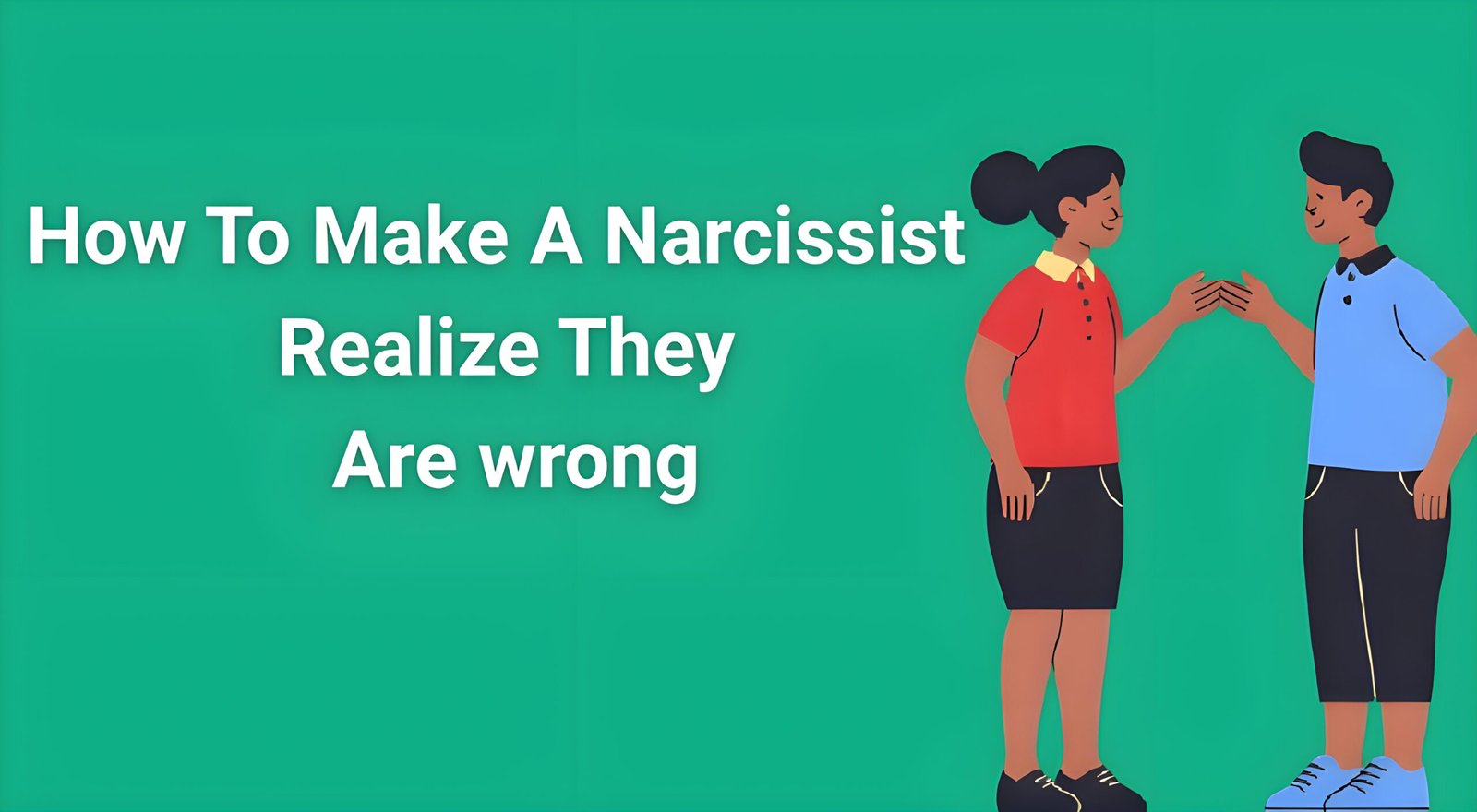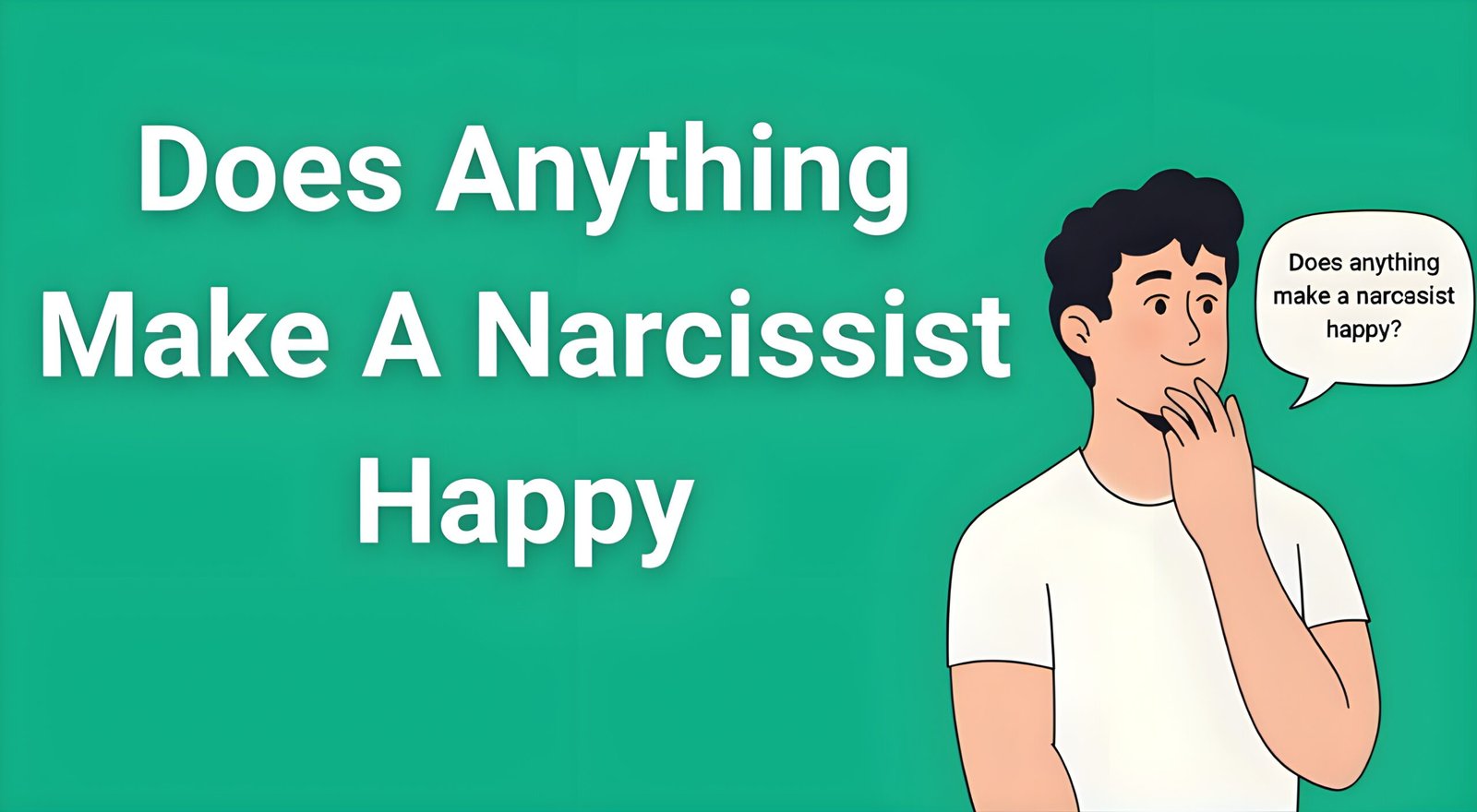Do narcissists feel remorse? 7 warning signs you’re being fooled – this question haunts thousands of survivors who have watched their abuser cry, apologize, and promise to change, only to experience the same harmful behaviors repeatedly. After working with countless survivors through NarcissismExposed.com as a Certified Narcissistic Abuse Specialist, I can tell you that understanding the difference between genuine remorse and narcissistic performance could save you years of heartbreak and manipulation.
- The Neurological Reality: Why Narcissists Cannot Feel Genuine Remorse
- Do Narcissists Feel Remorse? 7 Warning Signs You’re Being Fooled by Performance
- The Psychology Behind Why Fake Remorse Feels So Real
- Protecting Yourself: How to Respond When You Suspect Fake Remorse
- Healing from the Trauma of Fake Remorse
- Moving Forward: Building Relationships Based on Authentic Emotions
- Key Takeaways: The Truth About Narcissistic Remorse
- Frequently Asked Questions
The devastating truth is that narcissists are incapable of genuine remorse, but they are masterful at performing it when it serves their needs. What you’re witnessing isn’t authentic regret for causing harm – it’s sophisticated emotional manipulation designed to maintain control, avoid consequences, and keep you emotionally invested in the relationship.
This performance is so convincing that even trained professionals can be fooled initially. The tears are real, the words sound sincere, and the promises feel genuine because narcissists have perfected the art of mimicking authentic emotional responses without actually experiencing them. They’ve studied your emotional triggers, learned what you need to hear, and can deploy performed remorse with devastating accuracy.
Understanding whether narcissists feel real remorse isn’t just about satisfying curiosity – it’s about protecting your sanity, your future, and your ability to build genuine relationships based on authentic emotional connection rather than manipulation and performance.
The Neurological Reality: Why Narcissists Cannot Feel Genuine Remorse
Before exploring the 7 warning signs that reveal when you’re being manipulated by fake remorse, it’s crucial to understand why the question “do narcissists feel remorse? 7 warning signs you’re being fooled” has such a definitive answer. The inability to experience genuine remorse isn’t a character choice – it’s a neurological and psychological reality.
Genuine remorse requires several emotional and cognitive capacities that narcissistic individuals fundamentally lack. Research from Harvard Medical School reveals that narcissists have structural differences in brain regions responsible for empathy, emotional processing, and moral reasoning – the very areas necessary for authentic remorse.
The Prerequisites for Authentic Remorse
True remorse involves a complex combination of emotional and cognitive processes that narcissistic personality disorder disrupts or prevents entirely.
Authentic remorse requires:
- Emotional empathy to genuinely feel the pain you’ve caused another person
- Accurate perspective-taking to understand the full impact of your actions
- Authentic accountability without defensiveness or self-victimization
- Genuine motivation to change based on concern for others rather than self-interest
- Sustained emotional discomfort about the harm caused that motivates lasting behavioral change
Narcissists struggle with each of these components:
- They lack the emotional empathy necessary to feel others’ pain as their own
- Their perspective-taking is distorted by self-focus and grandiosity
- They cannot accept full accountability without deflecting blame or playing victim
- Their motivation for change is typically self-serving rather than other-focused
- They don’t experience sustained emotional discomfort about harming others
The Brain Science Behind Fake Remorse
Neuroimaging studies show that when narcissists express remorse, different brain regions activate compared to healthy individuals experiencing genuine regret. The areas associated with self-interest and image management light up, while regions linked to empathy and moral reasoning remain largely inactive.
This means that when narcissists appear remorseful, they’re actually experiencing:
- Concern about consequences to themselves rather than pain about harming others
- Frustration about being caught or challenged rather than genuine regret
- Strategic thinking about how to restore their image rather than authentic accountability
- Fear of abandonment or loss of supply rather than genuine love or concern
This neurological reality explains why their remorse often feels “off” to survivors – because it’s fundamentally different from authentic emotional remorse and serves entirely different purposes.
Do Narcissists Feel Remorse? 7 Warning Signs You’re Being Fooled by Performance
Understanding the specific warning signs that distinguish performed remorse from authentic regret is crucial for protecting yourself from manipulation and making informed decisions about your relationships. These signs reveal when the question “do narcissists feel remorse? 7 warning signs you’re being fooled” applies to your situation.
Warning Sign #1: Their Remorse Has Perfect Timing
Authentic remorse emerges organically from genuine recognition of harm caused, while narcissistic remorse appears strategically when it serves their agenda. If their apologies consistently coincide with convenient moments, you’re witnessing performance rather than genuine regret.
Red flags include remorse that appears:
- Right before you’re about to leave or set major boundaries
- When they need something from you (forgiveness, money, support)
- After they’ve been caught in lies or exposed for harmful behavior
- During important events in your life when attention should be on you
- When others are watching and their image needs protection
Genuine remorse, in contrast:
- Emerges naturally when someone recognizes they’ve caused harm
- Isn’t dependent on external pressure or consequences
- Doesn’t disappear once the immediate crisis passes
- Includes sustained motivation for change regardless of circumstances
- Focuses on your healing rather than their image or needs
Warning Sign #2: The Apology Centers Them, Not You
When narcissists perform remorse, their apologies consistently focus more on their own feelings, image, and needs than on the harm they’ve caused you. This self-centered approach reveals that their “remorse” is actually about managing their own discomfort rather than genuine concern for your wellbeing.
Self-centered fake remorse includes:
- “I feel terrible about myself” instead of “I hurt you and that’s unacceptable”
- Long explanations about their motivations rather than acknowledgment of impact
- Requests for immediate forgiveness to alleviate their discomfort
- Focus on how the situation affects their reputation or relationships
- Crying about their own pain rather than showing concern for yours
Authentic remorse focuses on:
- The specific harm caused and its impact on the other person
- Taking full responsibility without explanations or excuses
- The other person’s healing process and timeline for forgiveness
- Concrete steps to prevent future harm
- Understanding and validating the other person’s emotional experience
Warning Sign #3: No Sustained Behavioral Change
The most telling sign when asking “do narcissists feel remorse? 7 warning signs you’re being fooled” is the absence of lasting behavioral change despite repeated expressions of regret. Genuine remorse motivates sustained effort to change harmful patterns, while performed remorse disappears once it’s served its purpose.
Fake remorse behavioral patterns:
- Temporary improvements that gradually revert to previous harmful behaviors
- Promises of change that are never actually implemented
- Blaming you for their return to previous patterns (“You didn’t support my efforts”)
- Expecting praise for minimal or temporary improvements
- Anger when their efforts aren’t immediately appreciated or trusted
Genuine remorse includes:
- Sustained effort to change harmful behaviors regardless of recognition
- Seeking professional help or resources to support behavioral change
- Accepting that trust must be rebuilt through consistent actions over time
- Understanding that change is their responsibility, not yours
- Showing patience with your healing process without pressuring for forgiveness
Warning Sign #4: They Use Remorse to Manipulate Your Emotions
Narcissists weaponize performed remorse to manipulate your emotional responses and maintain control over the relationship dynamic. Their expressions of regret become tools for getting what they want rather than authentic expressions of accountability.
Manipulative remorse tactics include:
- Crying or expressing vulnerability to avoid consequences
- Using your compassion against you to prevent boundaries or consequences
- Timing emotional displays to disrupt your decision-making
- Performing remorse in front of others to pressure you into forgiveness
- Threatening self-harm or dramatic consequences if you don’t forgive them
The manipulation often follows patterns:
- Escalating emotional displays when simple apologies don’t work
- Bringing in third parties to pressure you into accepting their remorse
- Using your own values (forgiveness, compassion) to manipulate your responses
- Creating urgency around forgiveness that doesn’t allow processing time
- Punishing you when their performed remorse doesn’t achieve desired results
Warning Sign #5: Their Remorse Lacks Specific Accountability
Genuine remorse includes detailed acknowledgment of specific harmful behaviors and their impact, while narcissistic remorse remains vague and avoids concrete accountability. This vagueness allows them to appear remorseful while avoiding genuine responsibility for their actions.
Vague fake accountability includes:
- “I’m sorry if I hurt you” instead of “I’m sorry that I [specific behavior]”
- “We both made mistakes” rather than taking full responsibility for their actions
- Generalizations like “I haven’t been perfect” without acknowledging specific harms
- Blaming circumstances or stress rather than accepting personal responsibility
- Minimizing the severity or frequency of harmful behaviors
Specific authentic accountability involves:
- Detailed acknowledgment of specific harmful behaviors without minimization
- Clear understanding of how these behaviors impacted you emotionally and practically
- No excuses, explanations, or blame-shifting for their choices
- Recognition of patterns rather than treating incidents as isolated events
- Understanding that impact matters more than their intentions
Warning Sign #6: They Expect Immediate Forgiveness and Trust
Authentic remorse understands that forgiveness is a process that cannot be rushed, while narcissistic remorse demands immediate absolution to avoid prolonged discomfort. Their impatience with your healing timeline reveals that their “remorse” is about their comfort, not your wellbeing.
Pressure for immediate forgiveness includes:
- Frustration when you don’t immediately accept their apologies
- Statements like “I already apologized, why can’t you move on?”
- Anger when you need time to process or want to discuss the harm further
- Expectation that apologies should immediately restore previous relationship dynamics
- Resentment when their expressions of remorse don’t immediately rebuild trust
Understanding genuine remorse timelines:
- Recognizes that forgiveness is a process that takes time
- Respects your need to process emotions and experiences
- Doesn’t pressure you for immediate trust or relationship restoration
- Understands that changed behavior over time rebuilds trust, not words alone
- Accepts that some consequences may be permanent regardless of remorse
Warning Sign #7: Their Remorse Disappears When It’s No Longer Useful
Perhaps the most revealing warning sign when considering “do narcissists feel remorse? 7 warning signs you’re being fooled” is how quickly their remorse evaporates once it’s served its purpose. Genuine remorse is sustained by ongoing concern for the person harmed, while performed remorse disappears when no longer strategically valuable.
Signs remorse was purely strategic:
- Complete personality change once forgiveness is granted
- Return to previous harmful behaviors within days or weeks
- Anger or resentment when reminded of their apologies or promises
- Dismissive attitude toward past harm once they feel secure in the relationship
- Surprise or offense when you reference their previous expressions of remorse
Sustained authentic remorse includes:
- Ongoing concern for your healing regardless of relationship status
- Continued efforts to improve even when not being monitored
- Regular check-ins about your emotional wellbeing without prompting
- Sustained motivation for personal growth and behavioral change
- Understanding that earning trust is an ongoing process, not a one-time event
The Psychology Behind Why Fake Remorse Feels So Real
Understanding why performed narcissistic remorse can feel so authentic helps explain why the question “do narcissists feel remorse? 7 warning signs you’re being fooled” is so important for survivors. The performance is sophisticated because it’s been refined through years of practice and observation.
The Emotional Mimicry Mastery
Narcissists become skilled at emotional mimicry through years of observing and copying genuine emotional responses. They learn which expressions, voice tones, and body language create the strongest impact on different personality types, particularly empathetic individuals.
Their performance skills include:
- Perfect replication of physical signs of distress (tears, shaking, voice changes)
- Appropriate emotional timing that seems spontaneous rather than calculated
- Use of specific language that resonates with your values and emotional triggers
- Body language that appears vulnerable and genuine
- Integration of past conversations and your stated needs into their apologies
Why the performance works so well:
- It triggers your natural empathy and desire to help someone in distress
- It provides the emotional response you’ve been hoping to see
- It validates your belief that they can change and grow
- It temporarily relieves the cognitive dissonance about loving someone who hurts you
- It activates your trauma bond through intermittent reinforcement
The Biochemical Impact on Survivors
When narcissists perform convincing remorse, it triggers powerful biochemical responses in survivors that reinforce trauma bonds and make it difficult to maintain clear thinking about the relationship. Understanding these responses helps explain why fake remorse is so emotionally compelling.
The biochemical response includes:
- Oxytocin release when witnessing apparent vulnerability and emotional connection
- Dopamine hits from hope that the relationship can finally become healthy
- Reduced cortisol levels as the threat seems to temporarily diminish
- Endorphin release from the relief of conflict resolution
- Attachment hormone activation that strengthens emotional bonds
These biochemical responses create:
- Powerful emotional attachment to moments of apparent remorse
- Addictive cycles where you crave more expressions of regret and vulnerability
- Difficulty maintaining logical analysis of behavior patterns
- Increased tolerance for harmful behavior in exchange for periodic remorse performances
- Trauma bonding that feels like deep love and connection
Protecting Yourself: How to Respond When You Suspect Fake Remorse
Recognizing the warning signs that answer “do narcissists feel remorse? 7 warning signs you’re being fooled” is only the first step. Developing strategies to protect yourself from manipulation while maintaining your own emotional integrity requires specific approaches and boundaries.
Developing Healthy Skepticism
Learning to trust your instincts about performed versus authentic remorse is crucial for protecting yourself from ongoing manipulation. This doesn’t mean becoming cynical about all apologies, but rather developing discernment about emotional authenticity.
Healthy skepticism includes:
- Observing patterns over time rather than responding to individual incidents
- Paying attention to your gut feelings when something seems “off” about an apology
- Focusing on sustained behavioral change rather than emotional expressions
- Seeking outside perspective from trusted friends or professionals
- Documenting patterns to help you see the bigger picture clearly
Protective boundaries around remorse:
- Taking time to process apologies rather than responding immediately
- Requiring sustained behavioral change before considering trust restoration
- Refusing to comfort them during their expressions of remorse
- Avoiding decisions about forgiveness when you’re emotionally activated
- Maintaining consequences regardless of apparent remorse
The Gray Rock Response to Fake Remorse
When you recognize fake remorse, responding with emotional detachment rather than engagement protects you from manipulation while avoiding unnecessary conflict. The gray rock method involves becoming as uninteresting and unresponsive as possible.
Gray rock responses to fake remorse:
- Acknowledging their statement without emotional engagement: “I heard what you said”
- Avoiding validation of their emotional display: Don’t comfort or reassure them
- Refusing to discuss your feelings or provide emotional labor during their performance
- Maintaining neutral body language and tone regardless of their emotional escalation
- Ending the interaction when they pressure for immediate forgiveness or emotional response
Why gray rock works with fake remorse:
- It removes the audience that makes the performance worthwhile
- It prevents you from being manipulated by their emotional display
- It protects your energy from being drained by their performance
- It allows you to observe their behavior patterns more clearly
- It reduces the reinforcement they receive for performing remorse
Healing from the Trauma of Fake Remorse
Experiencing repeated cycles of fake remorse creates specific types of trauma that require targeted healing approaches. Understanding that you’ve been manipulated by performed emotions can be profoundly damaging to your ability to trust your own perceptions and future emotional connections.
Rebuilding Your Emotional Compass
One of the most damaging aspects of fake remorse is how it distorts your ability to distinguish between authentic and manipulative emotional expressions. Healing requires rebuilding trust in your own emotional perceptions and learning to recognize genuine emotional authenticity.
Rebuilding emotional discernment includes:
- Working with trauma-informed therapists who understand narcissistic abuse
- Practicing emotional awareness and validation of your own feelings
- Learning about healthy emotional expression and authentic relationship dynamics
- Developing relationships with emotionally healthy people who demonstrate genuine remorse
- Trusting your gut feelings when something feels “off” about someone’s emotions
Signs of healing progress:
- Increased confidence in your ability to read emotional authenticity
- Reduced need for external validation of your perceptions
- Ability to maintain boundaries despite emotional manipulation attempts
- Decreased emotional reactivity to performed emotions
- Growing comfort with your own emotional needs and expressions
Processing the Betrayal of Hope
Each cycle of fake remorse followed by repeated harm creates a specific type of betrayal trauma focused on the manipulation of hope itself. Processing this betrayal requires acknowledging the profound violation of trust that occurs when someone weaponizes your compassion and hope against you.
Healing from hope betrayal involves:
- Grieving the loss of the person you thought they could become
- Processing anger about having your compassion manipulated and exploited
- Learning to hold hope cautiously while protecting yourself from manipulation
- Developing realistic expectations about personality disorder limitations
- Building relationships based on consistent actions rather than promises or potential
The healing timeline often includes:
- Initial relief at understanding the manipulation patterns
- Anger at yourself for “falling for” the fake remorse repeatedly
- Grief about the relationship and person you thought you knew
- Gradual rebuilding of trust in your own emotional perceptions
- Integration of the experience into wisdom about healthy relationships
Moving Forward: Building Relationships Based on Authentic Emotions
Understanding the answer to “do narcissists feel remorse? 7 warning signs you’re being fooled” helps you develop the skills necessary to recognize and build relationships characterized by genuine emotional connection rather than performance and manipulation.
Recognizing Authentic Remorse in Healthy Relationships
Learning to identify genuine remorse helps you build relationships with people who can take authentic accountability and demonstrate real care for your wellbeing. Healthy remorse looks and feels dramatically different from narcissistic performance.
Authentic remorse characteristics:
- Emerges naturally when someone recognizes they’ve caused harm
- Focuses on your experience and healing rather than their own discomfort
- Includes specific acknowledgment of harmful behaviors without excuses
- Motivates sustained behavioral change regardless of external monitoring
- Respects your timeline for processing and healing without pressure
- Demonstrates genuine concern for your wellbeing over time
Building relationships with emotionally healthy people:
- Look for consistency between emotions and actions over extended periods
- Observe how they handle conflict and take responsibility for mistakes
- Notice whether they can discuss their impact on you without defensiveness
- Pay attention to whether they prioritize your healing over their comfort
- Watch for sustained efforts to improve based on your feedback
Protecting Your Heart While Staying Open
Recovery from narcissistic fake remorse involves learning to protect yourself from manipulation while remaining open to genuine emotional connection. This balance requires developing discernment rather than complete emotional closure.
Healthy emotional protection includes:
- Taking relationships slowly and observing patterns over time
- Trusting your instincts when something feels “off” about someone’s emotions
- Requiring consistency between words and actions before deepening trust
- Maintaining boundaries around forgiveness and reconciliation
- Building support networks that can provide reality checks about relationship dynamics
Staying open to authentic connection:
- Recognizing that healthy people make mistakes and feel genuine remorse
- Allowing yourself to be moved by authentic emotional expression
- Building relationships gradually based on demonstrated trustworthiness
- Celebrating genuine accountability and growth when you see it
- Remaining hopeful about healthy love while protecting against manipulation
Key Takeaways: The Truth About Narcissistic Remorse
The question “do narcissists feel remorse? 7 warning signs you’re being fooled” reveals the sophisticated emotional manipulation that keeps survivors trapped in cycles of hope and disappointment.
Remember these crucial insights:
- Narcissists cannot feel genuine remorse due to neurological and psychological limitations that prevent authentic empathy and accountability
- Their expressions of regret are performances designed to maintain control, avoid consequences, and manipulate your emotions
- The 7 warning signs reveal fake remorse: perfect timing, self-centered focus, no behavioral change, emotional manipulation, vague accountability, pressure for immediate forgiveness, and strategic disappearance
- Fake remorse creates trauma bonds through intermittent reinforcement that makes it difficult to maintain clear thinking about the relationship
- Your instincts about performed emotions are valid – if something feels “off” about their remorse, trust that feeling
- Healing involves rebuilding your emotional compass and learning to distinguish authentic from manipulative emotional expression
- Protection requires healthy skepticism and boundaries around forgiveness and reconciliation
The path forward includes:
- Trusting your instincts when something feels inauthentic about someone’s remorse
- Focusing on sustained behavioral change rather than emotional expressions
- Taking time to process apologies rather than responding immediately to emotional pressure
- Building relationships with people who demonstrate genuine accountability and authentic emotions
- Working with trauma-informed professionals who understand narcissistic abuse dynamics
- Protecting your hope while maintaining realistic expectations about personality disorder limitations
Understanding that narcissistic remorse is performance rather than authentic emotion isn’t about becoming cynical – it’s about developing the discernment necessary to protect yourself from manipulation while building genuine relationships. When survivors ask “do narcissists feel remorse? 7 warning signs you’re being fooled,” they’re seeking validation for their instincts that something fundamental was missing from their abuser’s apologies.
Your confusion about their remorse was a normal response to sophisticated emotional manipulation. Moving forward, trust your ability to recognize authentic emotions while protecting yourself from those who would weaponize your compassion and hope against you. The love and forgiveness you offered them deserves to be given to people who can genuinely receive and reciprocate it.
Frequently Asked Questions
How can I tell if someone’s tears are real or performed?
While tears themselves can be genuine even during emotional manipulation, focus on the context and aftermath rather than the physical display. Authentic tears accompany genuine accountability, sustained behavioral change, and concern for your healing. Manipulative tears typically appear at strategically convenient times, focus on the person’s own distress rather than the harm they caused, and often disappear quickly once they achieve their purpose. Pay attention to whether the emotional display leads to authentic change or simply serves to manipulate your response.
What if my narcissistic partner is in therapy and claims to feel remorse now?
Therapy attendance doesn’t automatically create the capacity for genuine remorse, as narcissists often use therapy as another manipulation tool. Focus on sustained behavioral changes rather than therapeutic language or claims of insight. Genuine progress would include consistent acknowledgment of specific harms, respect for your healing timeline, and sustained efforts to change regardless of your responses. Be particularly cautious if they use therapy concepts to manipulate you or pressure you into forgiveness.
Should I give them another chance if their remorse seems different this time?
Each situation is unique, but consider whether you’re seeing actual sustained behavioral change or just more sophisticated performance. Genuine change takes months or years to demonstrate consistently, not just during crisis periods. Ask yourself if you’re making decisions based on their potential or their demonstrated patterns. Consider working with a therapist experienced in narcissistic abuse to help you evaluate the situation objectively rather than through trauma bonding or hope.
Why do I keep believing their apologies even when I know they’re probably fake?
This response is normal and reflects trauma bonding created by intermittent reinforcement patterns. Your brain becomes addicted to the relief and hope that their apologies provide, even when you logically know they’re likely manipulative. The combination of genuine emotional distress (yours) and performed remorse (theirs) creates powerful biochemical responses that make it difficult to maintain logical thinking. Healing involves understanding these patterns and working with professionals to break the trauma bond.
How do I stop feeling guilty for not believing their remorse?
The guilt you feel is often a result of their manipulation and your own compassionate nature being weaponized against you. Remember that healthy skepticism about someone’s emotions is self-protection, not cruelty. You have the right to require sustained behavioral change rather than accepting words alone. Genuine remorse doesn’t require your immediate belief or forgiveness – it motivates change regardless of your response. Working with a trauma-informed therapist can help you process this guilt and develop healthy boundaries.
Can a narcissist ever genuinely change and feel real remorse?
While personality disorders are generally stable patterns, some individuals may develop better behavioral control through intensive therapy. However, the fundamental capacity for genuine empathy and authentic remorse typically remains limited. Even “improved” narcissists rarely develop the emotional capacity for the type of healthy relationships survivors deserve. Focus on your own healing and protection rather than hoping for their transformation, as this hope often becomes a trap that prevents you from building the life you deserve.
What should I do if family members believe their fake remorse and pressure me to forgive?
Family members who haven’t experienced narcissistic abuse often don’t understand the sophisticated nature of emotional manipulation or the difference between healthy relationship conflicts and systematic abuse. You can try educating them about narcissistic abuse dynamics, but remember that you don’t need anyone’s permission to protect yourself. Set boundaries about relationship advice and consider limiting discussions about your situation with people who don’t understand abuse dynamics. Your safety and healing are more important than maintaining others’ comfort or approval.






